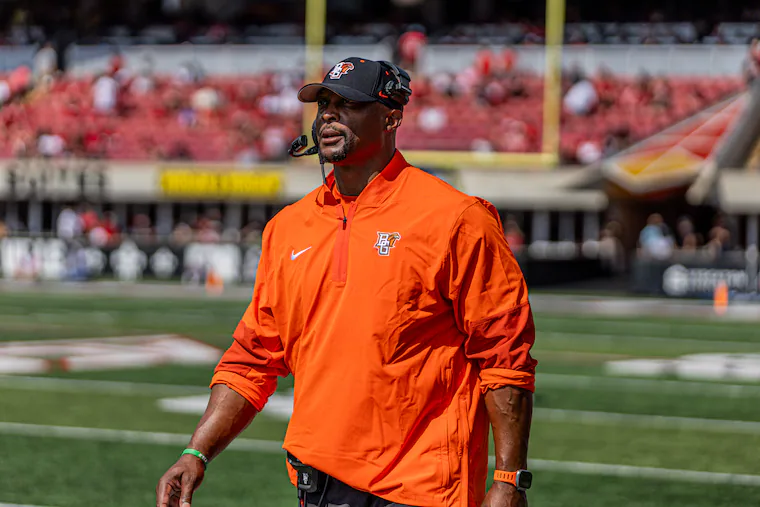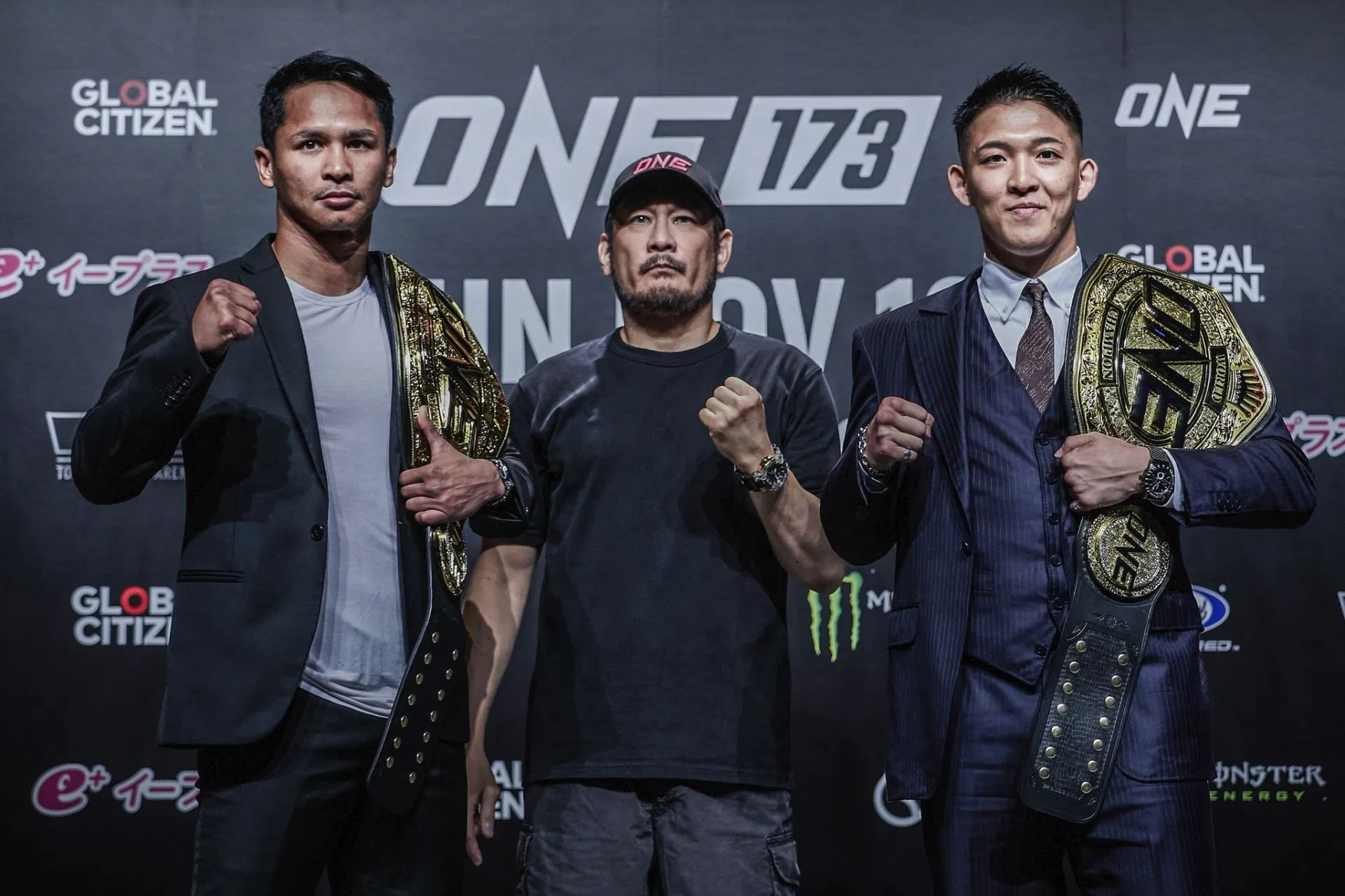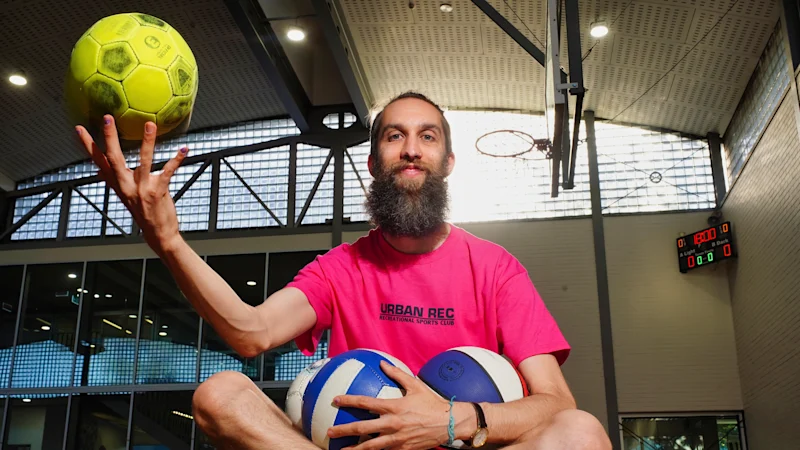Copyright The Philadelphia Inquirer

Eddie George flashed a big smile as he pored through the memories of his upbringing on his mind. Philadelphia born and raised, George rattled off the places he’s lived: North Hills, Mount Airy, and Cheltenham, with family from North and South Philadelphia, and even West Oak Lane. But one memory in particular, all these years later, still sticks with George and defines his early love for football. His love for the city, too, gave him many lessons he has brought with him into his coaching career. “We used to play ‘free for all.’ That was when you throw the ball up in the air,” George told The Inquirer. “You set the end zones from the Volkswagen to the Chevy on the street, and you play tackle football in the concrete, and it was OK, and it was tough. “Growing up, living on Bayard Street in Mount Airy, playing football games and going to [play] the Ivy Hill Saints Little League football team. … It really prepared me for going into tough environments, hostile environments, and having to focus on the task at hand. It can be intimidating going in some places like that. But it prepared me for the tough side of football, the tough side of getting back up when you get your chin knocked off.” » READ MORE: Norfolk State vs. Delaware State: Everything you need to know about Michael Vick vs. DeSean Jackson at the Linc From those humble days playing football in his neighborhood to playing at Abington in junior high and as a high school freshman to winning a Heisman Trophy at Ohio State to a successful NFL career with the Tennessee Titans, George has experienced the highs and lows of a football career. But as he has entered his second chapter, now has a head coach at the Football Bowl Subdivision level in his first season at Bowling Green, George says he still carries the edge with him that his hometown helped mold. “Philadelphia is always going to have a place in my heart, man, it really does,” George said. “You have a certain a way of growing up, a certain perspective on things, and you learn how to handle adversity a lot better, and it’s because of my parents, because of my family members, and I grew up on tough love.” ‘Handle hard better’ George delivered a simple message to his team on Tuesday afternoon after consecutive Mid-American Conference losses: “Handle hard better.” The message brought George back to something he had to overcome as a freshman at Ohio State. Against Illinois in 1992, George fumbled twice at the goal line, and leaned back on that same message to get through those struggles. “You got to handle it better, and it is meant to build you up and to not to destroy you,” George recalled of his mindset. “So the only move that was going to destroy me was to quit. So I dug a little bit deeper, kept working harder. … I had felt sorry for myself a little while, but I said, ‘Hey, I’m going to put my boots on to go back to work and get out of the doghouse.’ And I didn’t run from it. I ran toward it, and it made me a better man.” Coaching for George, though, was never in his plans when he retired from the NFL in 2006 with a lengthy accomplishment list: 1996 Rookie of the Year, first-team All-Pro in 2000, four-time Pro Bowler, and his No. 27 jersey retired at Ohio State and with the Titans. George wanted to leave football behind, he said. He ended up calling games, working for Fox Sports and Westwood One, and avoided coaching because he “saw the stress” and “the lack of appreciation coaches sometimes get.” » READ MORE: Australian kicker Luke Larsen, Villanova’s new punter, isn’t letting his age define him The former running back focused on being an entrepreneur and dabbled in acting, but when George was approached by former Tennessee State University president Linda Glover, he says he didn’t want to “regret not at least trying.” “Well, what other opportunity would I get to become a head coach without having to start from the bottom in terms of a [graduate assistant] and building up and so forth?” George said. “I knew that the game that gave me so much I could give back to it. So I was at a point in my life, 47 years old, kind of figuring out, ‘Is the acting thing really gratifying, or could this prepare me to be a head coach?’ And I loved acting. “But something was pulling me to become a head coach and to teach and to help young men heal and to show them vulnerability, to show them leadership, to allow them to deal with trauma, to find their true purpose. … When I really got serious about wanting to become a coach, these ideas and this burst of energy and excitement just took over.” George had become the most recent former NFL player to coach at a historically Black college and university, joining Deion Sanders (Jackson State) among others that preceded him, like Doug Williams (Grambling State), Cris Dishman (Texas Southern), Eddie Robinson Jr. (Alabama State), and Bubba McDowell (Prairie View A&M). When he took the job in April 2021, George was well-acquainted with HBCUs. He went to Howard’s homecoming when he was at Fork Union (Va.) Military Academy. He visited Morehouse and Spelman Colleges when he visited his uncle in Atlanta. » READ MORE: An inside look at the College Football Playoff selection process at the Texas hotel where it all goes down “Being a first-time head coach, I didn’t have any expectations. I didn’t have a reference point to base it off of,” George recalled. “I knew what I was getting myself into. I knew there was challenges. I knew [there were] some financial hiccups. I knew there were lack of resources. … I got hired to put a product in the field and try to enhance that student experience with my resources and my influence and the people that I know to try to help rebuild this program and to build funds for it and awareness.” ‘The culture is amazing’ Even four years later, George can still hear the hum of the Aristocrats, Tennessee State’s marching band, while his team practiced. Hearing them play “gets your blood and your juices going,” George remembers. The first-time coach quickly turned Tennessee State around, leading the Tigers to a 9-4 finish in 2024 and their first Football Championship Subdivision playoff berth in 11 seasons. Overall, George compiled a 24-22 record with winning seasons in his last two years at the helm. In reflecting on his time there, George says that he’s “so grateful and thankful for the opportunity to have coached at Tennessee State” and that it “prepared me for what I’m doing now.” » READ MORE: Tight end Peter Clarke’s size creating an advantage in Temple passing game “If you can make it through an HBCU, you can make it anywhere in life,” George said. “Some of the greatest people, entrepreneurs, doctors, lawyers, people that were agents of change have come out of HBCU, some great [NFL] Hall of Famers: Jerry Rice, Walter Payton, Shannon Sharpe, you know, Richard Dent, Claude Humphrey, Aeneas Williams, Doug Williams. I mean, the list goes on, some giants in NFL history have come from HBCUs. “The culture is amazing. … It makes you proud to be an African American, and the struggles that we’ve gone through and the history of the school.” Two new former NFL players have entered the fray coaching at HBCUs: former Eagles quarterback Michael Vick is leading Norfolk State and former Eagles wide receiver DeSean Jackson is at Delaware State. As Jackson and Vick prepared to square off on Thursday at Lincoln Financial Field (7 p.m., ESPNU), George offered advice for the first-time head coaches. “I think going in [to coaching] is understanding, ‘What is your why? Why are you coaching?’ I think that’s important, because if you’re doing it just for a paycheck or just for notoriety, it’s going to be tough,” George said. “You have to hold on to your virtues, and you come in with a standard, and you live on that standard, and you don’t waver from that standard. “You can’t say, ‘Well, we don’t have X, Y, and Z and this is why we can’t we be successful.’ Now you have to make it happen, and you go pound the pavement, you get in front of people to say, ‘This is what we’re doing at Delaware State or Norfolk State or Tennessee State. Can you see the vision? Can you invest and get behind this?’ … You’re going to spend a lot of time managing fires away from the football field that you have to manage just to get to the football field to be successful.”



